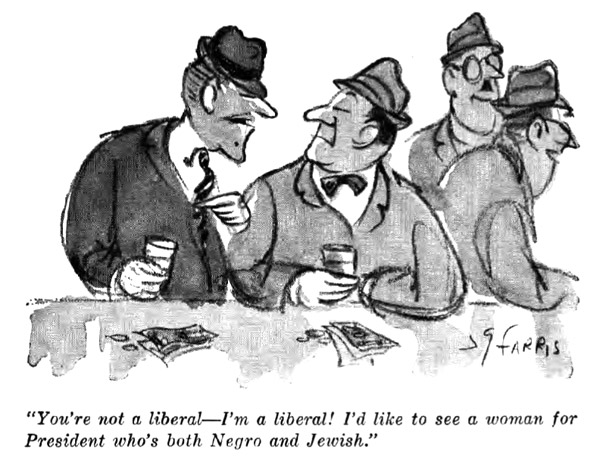
The world’s most notorious real estate coup occurred in 1626, when the energetic Dutch settler Peter Minuit, as an agent for the West India Company, purchased the unimproved woodland “island Manhattes,” covering 15,000 acres, for 60 guilders worth of goods….The 300 resident Native Americans, referred to in documents as the Manhatesen, were not aware they were selling their island paradise at all, thinking instead they were simply allowing the Dutch to share it….The chief, Sackimas, deemed that the Dutch access to Manhattan’s resources was a reasonable exchange for a valuable array of European items — knives, axes, hoes, awls, cloth, and coats, but probably not beads — and the additional promise of support by the Dutch against enemy tribes. For 40 years, the casual sharing arrangement worked well, with Indians still hunting and fishing in the forests and river-fronts. But then the Manhatesen were squeezed out to a less enviable site off-island — forests in the north, now known as the Bronx.–“Location, Location, Location! A user’s guide to the property markets of history,” Tony Perottet, The Smart Set
Dreaming and poetry have a lot in common. Dreams have their own logic, and while the dreamer is hard pressed to explain this logic upon waking, she rarely questions it in the dream itself. Dreams operate in the realm of symbols, associations, and connections that make sense to the dreamer in the time of the dream yet often remain mysterious outside the dream. Poetry – especially experimental/avant garde/innovative work – operates in a similar way. As Kazim Ali writes in a different context, “It remains the province of poetry, an art made for the doubting and the doubtful, to create structures for meaning, to privilege and plumb the notions of bewilderment, doubt, and interrogative spirituality.” —“Bringing the Dream Space into the Waking Life,” Tamiko Beyer, Kenyon Review
The Internet geeks don’t know the real you;
the dog never comes close to bark;
“textual harassment” as postmodern crime
“According to our interviews with the victims, they told us that while they were driving their motorbike at around 5:30am to sell beef as normal at Boeung Keng Kong Market, there was another black Honda C100 motorbike with two civilian men who threw liquid acid at them,” Vong Sophon said. “The two men are still at large.” He said the three victims suspected that the attack was spurred by a dispute with another beef seller at the market. After having worked as vendors at the same beef stall for five years, he said, they had decided to start out on their own, a move that had angered their former employer. “We are now investigating the crime and hunting for the acid attackers, but we primarily suspect that it is related to a dispute between the victims and the perpetrators.” —“Three siblings burned in PPenh acid attack,” Chrann Chamroeun, Phnom Penh Post


